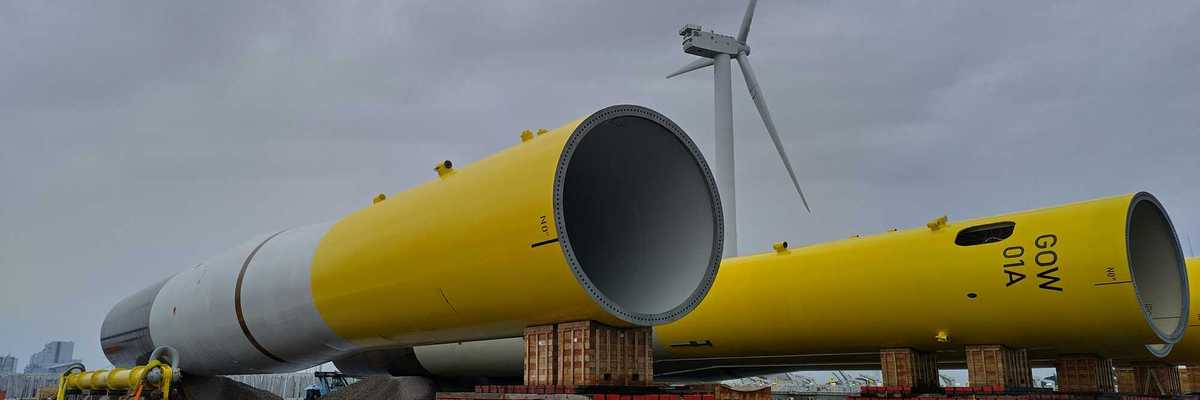seafood contamination
A portrait of pollution around Canada’s busiest port
The Tsleil-Waututh Nation is pushing for stricter regulations to protect Burrard Inlet from industrial pollution, as a leaked video highlights the challenges of enforcement.
In short:
- Toxic waste, sewage, and industrial chemicals pollute Burrard Inlet, making shellfish unsafe to eat and limiting recreational use.
- The Tsleil-Waututh Nation has co-developed new water quality standards with the B.C. government to restore the inlet and allow safe seafood harvesting.
- A leaked video of a coal spill at Neptune Terminals raises concerns about unreported spills and ongoing contamination.
Key quote:
“The establishment of these water quality objectives, using this more risk-based approach that recognizes coastal Indigenous lifeways, I think that’s already a really exciting and important step.”
— Amanda Giang, assistant professor in the Institute for Resources, Environment and Sustainability at the University of British Columbia
Why this matters:
Addressing the severe pollution in Burrard Inlet is important for public health and the environment, reflecting the conflicting industrial pollution and Indigenous rights. The successful implementation of new water quality standards could serve as a model for other polluted waterways. Read more: “Stop hurting us:” Protestors plead for their health outside a Pittsburgh gathering of coal and steel execs.
Plastics in fish a growing threat in Greek seas
Fukushima: China accused of hypocrisy over its own release of wastewater from nuclear plants
Plant in China releases water with higher amounts of tritium, scientist says, calling into question seafood ban imposed on Japan.
Japan to start releasing radioactive water from Fukushima in 2 years
BC and Woods Hole scientists show link between ocean pollution and illness
A new study draws some jarring conclusions on the link between ocean pollution and human health.









